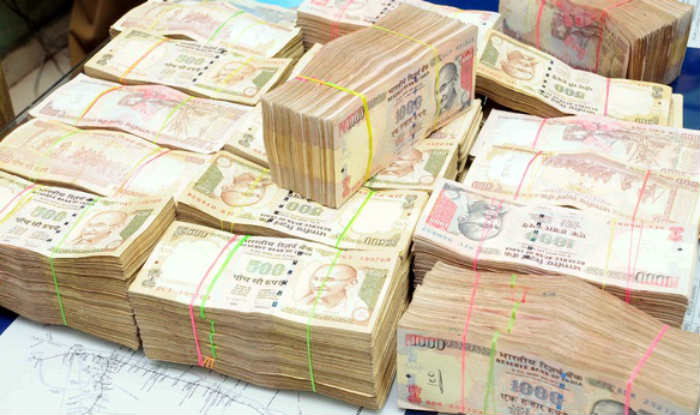On November 8 2016 8 P.M., when the world was too busy placing their bets on the US Presidential Elections, Narendra Modi jostled every Indian out of their comfortable sofa spots with a legendary announcement – INR 500 and INR 1000 currency notes are no more considered legal tender from midnight. Not only did he steal U.S.A.’s thunder but he also got every soul in the country to maintain a minute of silence in disbelief followed by panic. News updates, WhatsApp forwards and every other social media portal was raving about the bold move. The morning that followed witnessed business tycoons quoting their views in support of Mr. Modi’s decision; the FinTech companies seemed to be the happiest. There is a valid explanation to why FinTech lending companies feel more secure of their long term plans.
The FinTech space, which United Petro Finance (UPF) Limited operates in, provides unsecured short-term loans to Micro Small Medium Enterprises (MSMEs). The biggest challenge any player in this field faces is to estimate the true turnover of their client based on their financial and bank statements as businesses tend to suppress their sales and inflate their expenses for tax benefits. With the Indian economy being increasingly reliant on physical money, a Bloomberg study dated November 9, 2016 states that outlawing high-denomination banknotes, which account for 86 percent of the INR 16.4 trillion (USD 245 billion) of currency in circulation, will have large and enduring effects. With the economy moving towards a cashless future, more refined banking activities would help underwrite loans in a more accurate manner. Dexter, our proprietary statistical modeling and machine learning-based analytics engine, will now have more than 2,500 data points to capture for underwriting a business loan. To quote Mr. Aseem Gautam, UPF’s National Credit Head, “NBFCs like us would face cash flow and liquidity issues in the short term, but this would clear out in the long term”. Any lending organization would work towards having the lowest rate of NPA and stronger banking ethics would aid in achieving this goal. All in all, if this move sees the desired outcome, we are looking at a more vibrant and sustainable business ecosystem.

